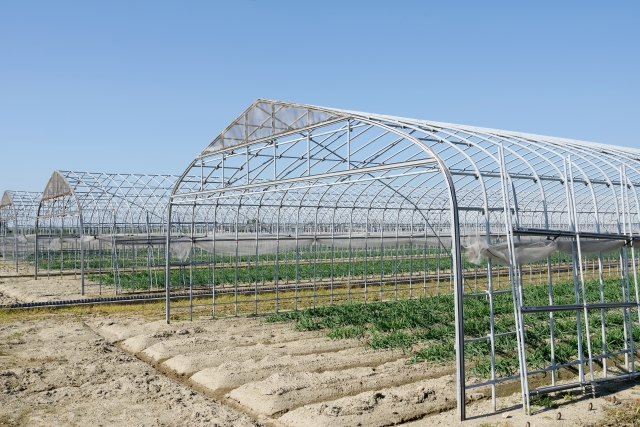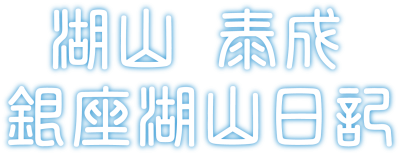Agriculture and welfare cooperation

I often hear this word in policy proposals.
This is also from administration, politics, mass media, scholars, and critics, and I have never heard from actual disabled people or agricultural business operators.
Isn’t this also an idealism seen from society?
Personally, I am very much in favor of farming around hospitals, facilities, and nursery schools for the elderly, and have argued with the facility staff several times. rice field.
As a member of Ginza Mitsubachi, he works hard on beekeeping and potato shochu making on the roof of Ginza.
Distribute Tottori melons to maternal and child facilities and nursery schools nationwide.
Buy and eat Fukushima rice in the metropolitan area.
Currently, a nursery school under construction in the Tokyo metropolitan area is planning to set up a strawberry farm on the roof.
It envisions a scene where mothers and children and staff at a nursery school grow strawberries and collect them themselves.
Farmers, even if they are in the latter-stage elderly, go out to the fields every day without using nursing care services.
Every morning, I climb the mountain to collect mushrooms.
Work from a young age can be done by oneself until a considerable age.
The symptoms of dementia are also less common.
However, it is quite difficult for a disabled person who has no experience until that age to farm.
A lot of support and volunteers are needed.
Therefore, it becomes difficult to realize and continue.
I think that agriculture-welfare cooperation can be actually continued only when energetic farmers do not want facility services.
Other than that, I think it will require a lot of tax, subsidy and volunteer input.
I myself am an urbanite who dreams of collaboration between agriculture and welfare, so I understand the feeling.
In hilly and mountainous areas, as a lifelong path for farmers, do not use care facilities easily.
Even people with disabilities grow up familiar with nature and agriculture from childhood.
Such a social environment is desirable.
Even for me, it is quite difficult for me to change the rhythm of my life and the scope of my actions as I get older.
Music, sports, go, shogi, and reading must be made into habits from a young age, otherwise it will be difficult to learn them later in life.
Yesterday was my birthday, so I received some bouquets.
Even with that care alone, he is puzzled by himself.
When he was 20, he had attended Omotesenke.
I wish he had learned it properly.
Since he was young, he regretted that he should have had a hobby of gardening.
I liked the gardening program on Sunday TV and watched it often.
You can’t learn anything unless you do it yourself and experience it.
This week, I’m going strawberry picking with my mother and child’s family.
So much for my farming experience.
Still, I’m excited and excited.
I hope my children will be like that too.
Pulse oximeter 99/99/98
Body temperature 36.1 Blood sugar 174
Koyama Garden
CEO Yasunari Koyama
